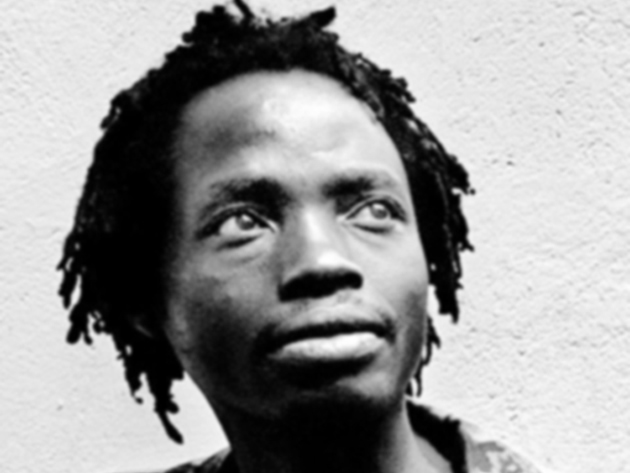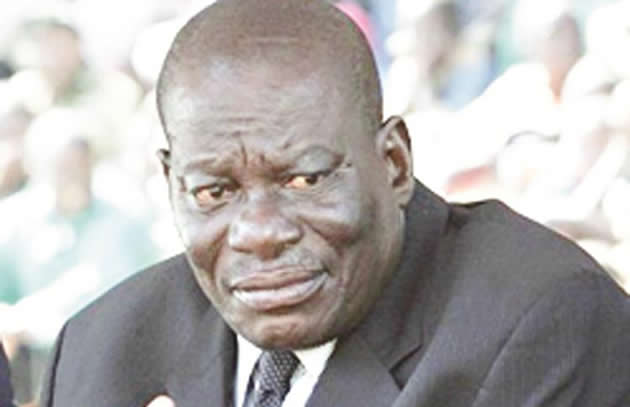Locating a pitch for the creative process

Stanely Mushava Literature Today
If the environment is a significant factor in the creative process, which situation could be best favoured by the muses? If bends in the road of life are sometimes resolved as masterpieces in the arena of art, does class have a bearing on creativity?
Whose workflow merits lasting reception: the activist, the isolate, the socialite, the scholar, the mystic or the sidewalk hustler?
Is convention or defiance the best course for genius; poverty or luxury the optimal setting for creativity; or is art, as life in miniature, the alternation of all seasons?
Does it signal a stake for class in the arena if young Bob Marley drinks water for supper, inadvertently stoking up defiance to chant down Babylon, Charles Dickens’ blacking factory shifts prefigure life-like portraits of inequality, and Dambudzo Marechera’s hungry days are roses in the brain?
Could the odds bode equally across the picket fence, since the peak of the pyramid can also be a vantage point for Leo Tolstoy to despair at the emptiness of riches and renounce the privilege that comes in the setting of extreme poverty?
Is scholarship an extractive industry for imagination; and nostalgia for ancient paths fiddled on new devices the material for immortality?
Is it the artiste who realises the musical possibilities of language, the one who unsettles with the shattered pixels of life or he that deploys spiritual intelligence to realign the jigsaw puzzles of existence whose monuments endure the longer?
Is it even possible to answer any of the questions without sacrificing intellectual humility to presume universal knowledge?
In “Dead Poets’ Society,” Keating resists the downgrading of poetry to mathematical precision and, in “Pensees”, Pascal reasons that the heart has reasons that reason knows nothing of.
In the laboratory of culture, experiments answer the questions, but experiences question the answers.
Closure for the problems of art is off the radar because when debate is concluded, culture is stagnated.
While culture remains and angles for reception, questions will be provoked and answers attempted.
It will also remain a point of interest to track headstream the processes of genius in case there is a place where posterity can be secured and pertinent in this range is to establish an ideal workstation for the artist.
Nobel Prize for Literature judge Horace Engdahl undertook as much when he blamed the professionalisation of creative writing through grants and financial support for downgrading the literature of our time.
“Even though I understand the temptation, I think it cuts the writer from society and creates an unhealthy link with institutions,” Engdahl said in an interview with French newspaper La Croix, translated sections of which appeared in The Guardian.
“Previously, writers would work as taxi drivers, clerks, secretaries and waiters to make a living. Samuel Beckett and many others lived like this. It was hard – but they fed themselves from a proper literary perspective,” he said.
Few years ago, I would have not only agreed with the Nobel judge and but also added that financial support makes the writer an accessory in the levers of imperial capital.
It is possible even now to set up and shoot down enough straw men to back the claim but almost impossible to flash back to a time where the muses exclusively favoured a financial condition.
In earlier ages whose cultural output cannot be gainsaid, we will find pensions as an archaic variant for grants, and the poet laureate’s creative edge does not seem to be blunted by merited recognition.
Could it be that even then, financial support was meant to buy the writer’s “unhealthy link with institutions?”
Dictionary man Samuel Johnson defined a pensioner as “a slave of state hired by a stipend to obey his master”.
Ironically, when the lexicographer could not push volumes with his highbrow output, he too accepted a pension to ease poverty and obscurity.
Financial support can liberate writers from the pressure of the market and concurrent claims on their time, conditions which compromise independent and unadulterated devotion to art.
While cases might be invoked where financial support leads to the institutionalisation rather than the independence of the writer, it is wiser to fault the abuse than to fault the idea.
I do not know whether the judge intended the former or the latter, but his remarks also provide an occasion to linger awhile at the cross-currents of art and economics.
Class struggle is not a common specification for art, with notables like “The Elder Statesman” well outside that range.
It is remains, though, one of the most riveting galleries in the culture industry.
For an artiste to recurrently thematise poverty, say Tolstoy, Bugle or Sizzla, it is to confront rather than to celebrate it.
Engagement with the economic disenfranchisement of the majority is normatively informed by regard for people rather than regard for poverty, and one is not required to be poor as a qualification for fighting poverty.
Art must neither fetishise money nor romanticise poverty but must be for just and equitable conditions in which humanity thrives as one family.
Such a world is not immediately retrievable hence the writer’s mandate to process the problems of the heart as materials of art.
“What Men Live By”, an emotive account of the all-sufficiency of love when possessions are in short supply, is a high point of art’s interface with the problems of the heart.
Is art a liquid abstract which assumes the form of the writer’s financial condition; or the intellectual subservient to the material?
Perhaps if Dostoyevsky had benefited from a creative writing grant, he would have never written “The Gambler” and so might have never met the crushworthy stenographer who became his wife.
But who knows if his later works could have been as profound had they been motivated by impending deadlines to settle gambling debts?
The claim that grants cut the writer from society, relate not just to the writer’s financial circumstances but also his working environment.
It is difficult, though, to picture how the artiste’s imaginative faculty can be curtailed by his workstation.
Meditative isolation and new exposure, conditions facilitated by grants and financial support, can vastly enhance the creative process.
Pioneering thoroughbreds of African writing kept us posted from the academy without hints of institutionalisation.
Both the extrovert ideal and the introvert ideal, as Susan Cain, demonstrates in “Quiet” have a place in the creative process.
For Marechera, there is a time to “wander through Hararean mazes” but also a time to process the same into art in the detachment of the Africa Unity Square.
“And artistes work best alone where they can control an invention’s design without a lot of other people designing it for marketing or some other committee. I don’t believe anything really revolutionary has been invented by committee,” Wozniak, the nerd soul of Apple, testifies in his “iWoz” memoirs.
Ezra Pound sees the beautiful faces at the station but needs several months to package them into the imagist economy. Who knows whether the latter exercise does not profit more from isolation?
However, there is reason to be concerned, though, when the isolation of the artiste conveys to the audience not the wayfarer but the clone of the academy.
“I hope the literary riches which we are seeing arise in Asia and Africa will not be lessened by the assimilation and the Westernisation of these authors,” the Nobel judge said.
For me, the manufacturing of writers in universities, is a problem of degreed poetasters rather than institutionalised artists.
Originality flows against the current. No artiste worthy the vocation cedes his or her liberty to the tyranny of academic convention.
While Nobel is currently recognising the older generation, Engdahl expressed concern for the calibration of contemporary literature for immediacy.
The Nobel judge articulated the case for a “counter-market” a protected, profound literature, which knows how to translate emotions and experiences.”
He also blamed literary critics for erasing the lines between proper literature and commodified literature, a problem that obscures and marginalises genuine artistes.
- Stanely Mushava blogs at upstreamafrica.blogspot.com









Comments